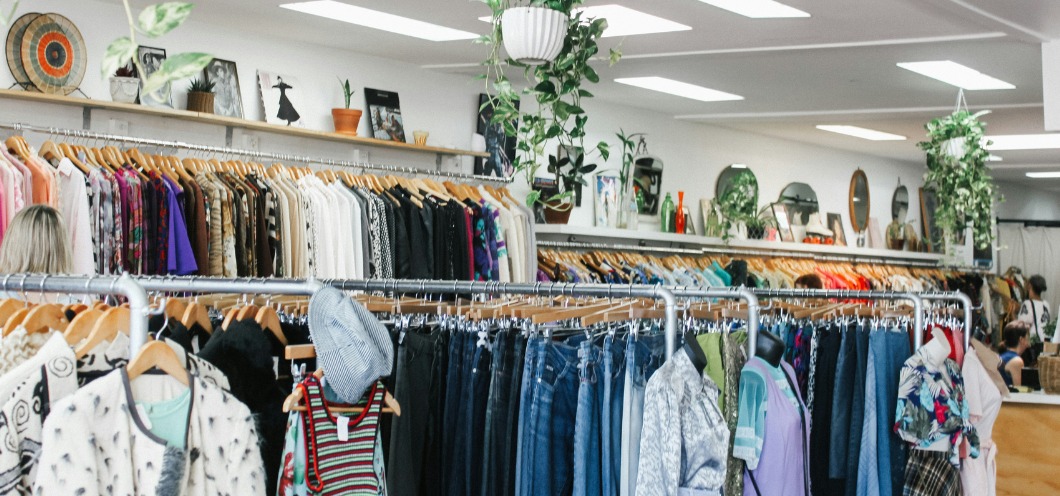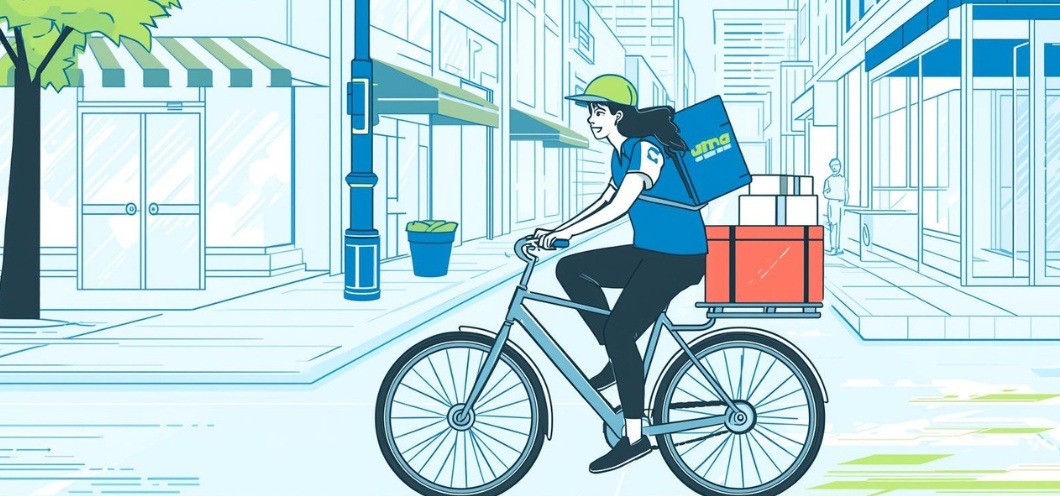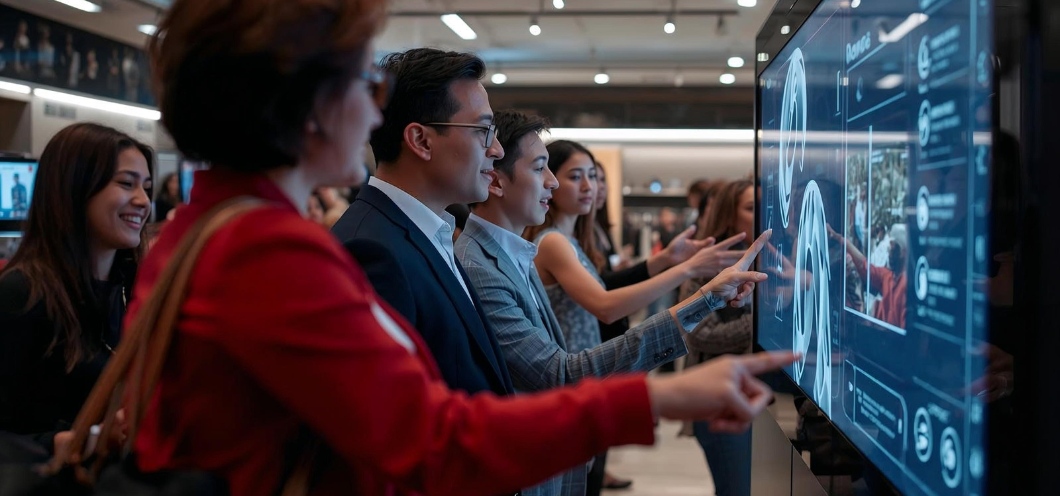Hidden costs of technological advancements often impact the little guy. In the case of mass-produced clothing and online convenience, fast fashion poses a major challenge to traditional brick-and-mortar retailers.
But rather than compete on speed and volume, local stores can leverage their unique strengths to offer something more meaningful.
Also Read: Sustainability in Motion: How Last-Mile Delivery is Going Green
Discover 5 actionable strategies physical retailers can implement to combat the rise of fast fashion.
Following these strategies can help brick-and-mortar businesses not only survive but thrive in a digital-first era.
1. Focus on Quality Over Quantity
Fast fashion is notorious for disposable garments made with lower quality materials. Brick-and-mortar stores can stand out by emphasizing craftsmanship and long-lasting apparel. Offering curated collections made from sustainable or premium fabrics builds trust with customers seeking value over volume.
2. Offer In-Store Experiences
To compete with the digital world, physical stores must offer something online shops can’t—tangible experiences. Host styling workshops, pop-up events, or local designer showcases. This turns shopping into an event and encourages community engagement.
Unlike the transactional nature of fast fashion, experiential retail fosters loyalty.
3. Promote Ethical and Sustainable Brands
Consumers are increasingly aware of the environmental and social impacts of fast fashion. Highlighting ethical brands, local artisans, or sustainably sourced goods sets your store apart. Use in-store signage and social media to tell the stories behind your products, building an emotional connection with shoppers.
4. Personalize Customer Service
One major weakness of fast fashion is its impersonal approach. In contrast, brick-and-mortar stores can provide tailored service—think personal styling advice, loyalty programs, or custom fittings. Knowing your customers by name and preference builds relationships that drive repeat business.
5. Use Technology to Enhance the Physical Experience
While fast fashion thrives online, that doesn’t mean brick-and-mortar stores should ignore digital tools. Use mobile apps for exclusive in-store offers, AR mirrors for virtual try-ons, or RFID tags to streamline inventory. These enhancements blend convenience with the tactile benefits of shopping in person.
Conclusion: Alleviate In-Person Shopping Experiences
While fast fashion continues to disrupt the retail landscape, it also creates an opportunity for brick-and-mortar stores to redefine their value. By focusing on quality, ethical practices, personalized service, and immersive experiences, local retailers can create a shopping environment that no online giant can replicate.
Tags:
Brick and MortarRetail StrategiesRetail TrendsAuthor - Abhishek Pattanaik
Abhishek, as a writer, provides a fresh perspective on an array of topics. He brings his expertise in Economics coupled with a heavy research base to the writing world. He enjoys writing on topics related to sports and finance but ventures into other domains regularly. Frequently spotted at various restaurants, he is an avid consumer of new cuisines.





